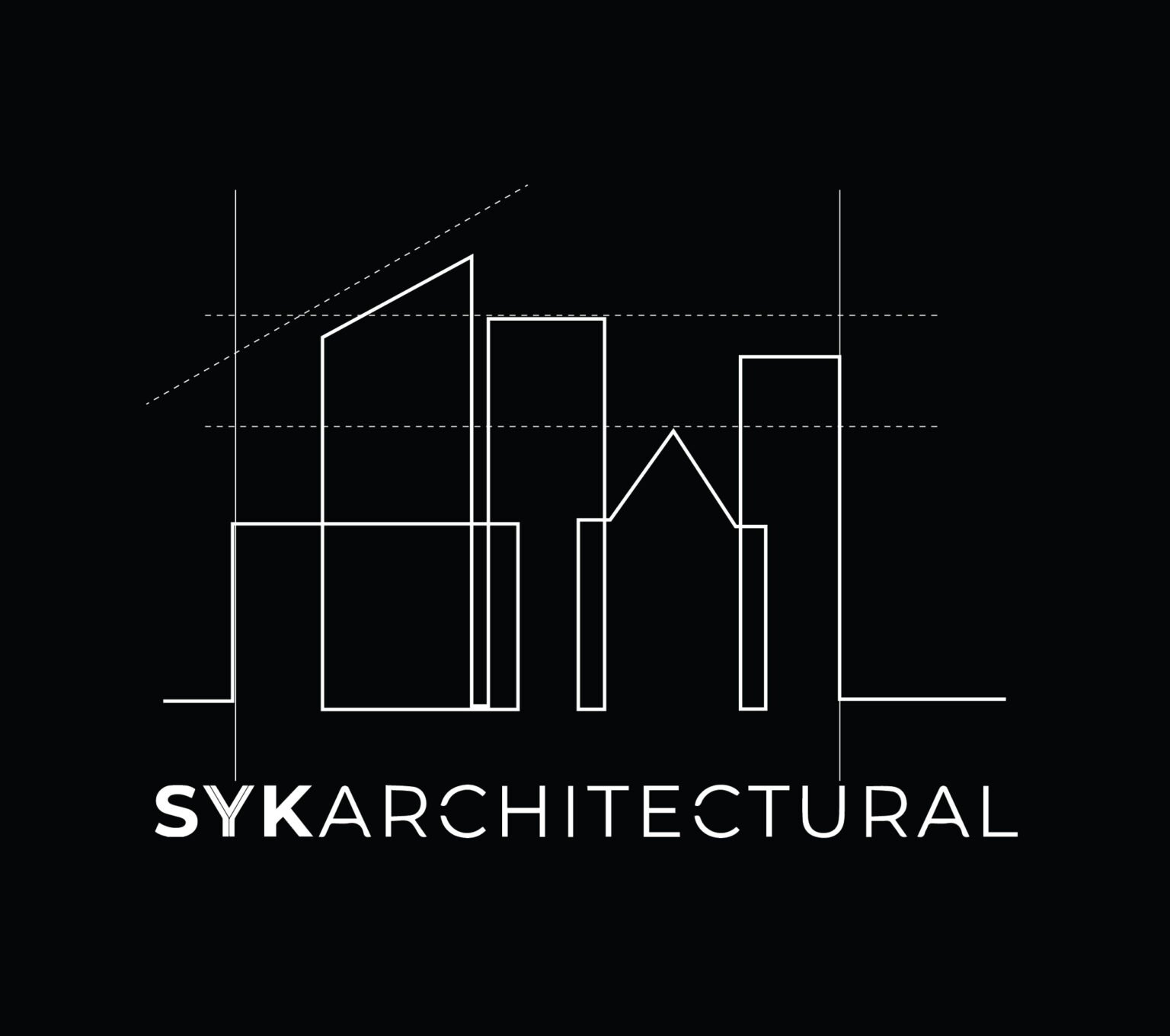In order to answer this, you need to know what is an architect’s job. An architect is a trained and licensed professional who designs buildings and structures, focusing on the aesthetic and functional aspects of the design. They are responsible for developing plans, drawings, and specifications and guiding the construction process. It is their supervisions and approvals that ensures the final building or house meets your needs and complies with safety, building codes and regulations.
When you hire an architect for your project, they will work closely with you to understand your requirements, preferences, and budget constraints. They will use their expertise in design principles, spatial planning, and construction technology to develop innovative and practical solutions for your project. So, your project could range from residential houses and commercial buildings or public spaces and urban developments.
In addition to designing new structures, your architect also plays a crucial role in renovating, restoring, and repurposing existing buildings, often with a focus on sustainability and preservation of cultural heritage.
Your architect will also collaborate with other professionals such as engineers, contractors, interior designers, and landscape architects throughout the design and construction process to ensure the successful realization of your project. They also oversee the construction phase to ensure that the design intent is faithfully executed and that the project meets quality standards and timelines.
So in short, an architect possess a blend of artistic creativity, technical knowledge, problem-solving skills, and project management expertise, enabling them to create inspiring, functional, and sustainable built environments that enhance the quality of life for individuals and communities.
As a bonus, here are 10 ways how architects help you:
1. Designing Customized Homes: Architects can create unique designs tailored to your needs, preferences, and lifestyle, ensuring that your home reflects your personality and functions efficiently.
2. Navigating Regulations and Permits: Architects are knowledgeable about local building codes, regulations, and zoning laws. They can guide you through the permit process, ensuring your project complies with all legal requirements.
3. Optimizing Space: Architects specialize in spatial planning and can maximize the use of available space, whether it’s for a residential or commercial property, ensuring optimal functionality and comfort.
4. Sustainable Design: With a growing emphasis on sustainability, architects can integrate eco-friendly features into your design, such as energy-efficient materials, passive heating and cooling strategies, and renewable energy systems.
5. Project Management: Architects can oversee the entire construction process, coordinating with contractors, engineers, and other professionals to ensure the project stays on track and within budget.
6. Cost Optimization: Architects can help you make informed decisions about materials and construction methods to optimize costs without compromising quality or design integrity.
7. Interior Design: Many architects offer interior design services, helping you create cohesive and aesthetically pleasing interiors that complement the architectural design of your space.
8. Adapting Existing Structures: Whether you’re renovating a heritage property or repurposing an old building, architects can help you reimagine the space while preserving its historical character and structural integrity.
9. Enhancing Property Value: A well-designed property can significantly increase its market value. Architects can add value to your investment by creating visually appealing and functional spaces that attract potential buyers or tenants.
10. Creating Inspiring Workspaces: For commercial projects, architects can design innovative and inspiring work environments that promote productivity, collaboration, and employee well-being, contributing to the success of your business.
Overall, architects play a crucial role in shaping the built environment and can add value to any project by combining their design expertise with technical knowledge and creative vision.
